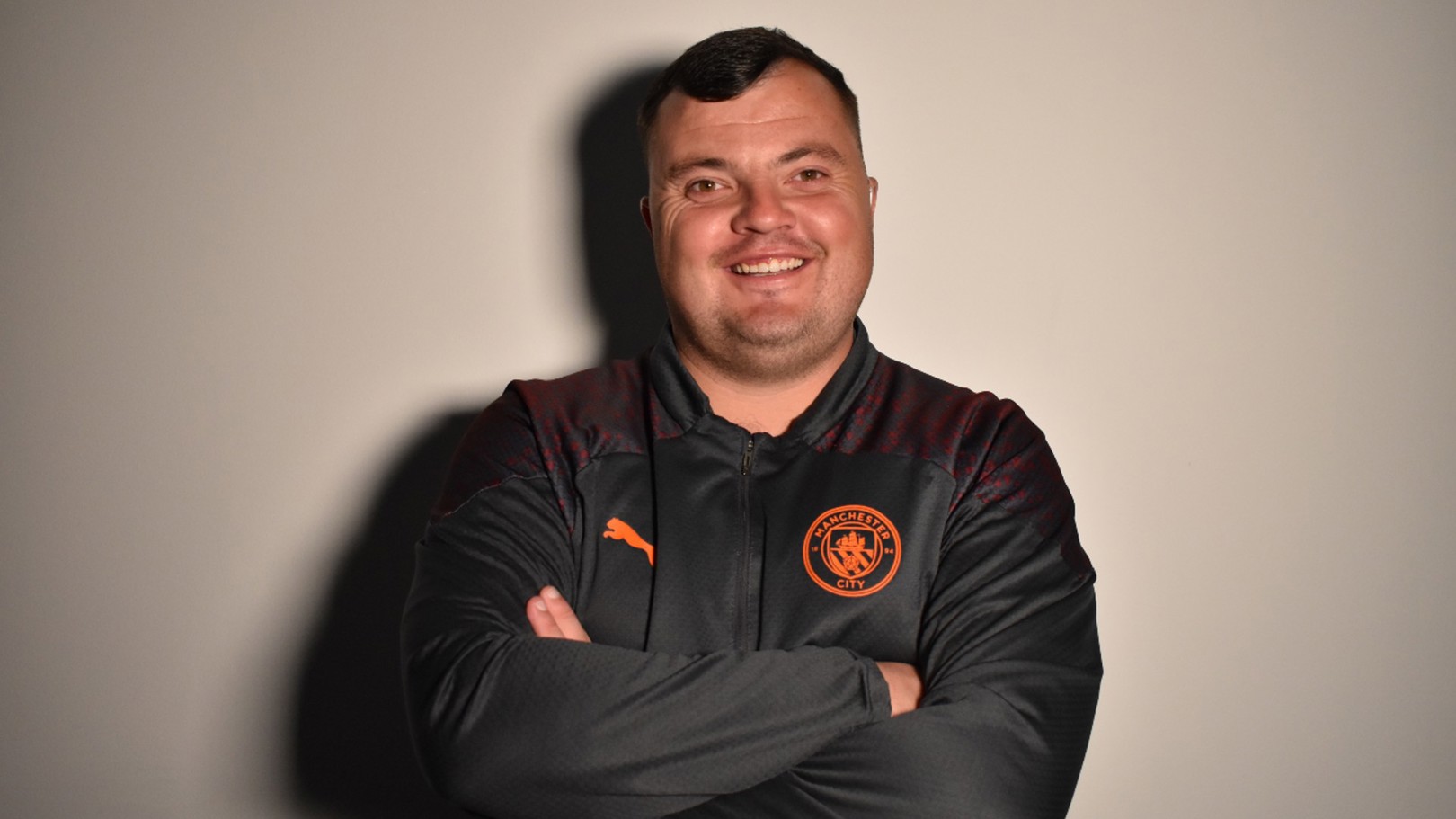CITC sat down in a special Q&A with Primary Schools Lead Coach, Josh Rutherford, to discuss his own hearing impairment and how he helps other participants with similar disabilities.
Having been a part of the CITC team since April 2023, Josh discusses his love for his job and how he tries to positively impact participants during his sessions.
How/when were you first diagnosed with a hearing impairment?
I’ve been diagnosed with Severe Bilateral Sensory Neural Hearing Loss. Although, I was born deaf due to a traumatic birth, I wasn’t officially diagnosed until I was four years old, just as I was finishing nursery and about to start school.
I was having tests and speech therapy to find the right diagnosis as my parents were fighting for answers as to what caused my deafness from birth.
By the time I started school, I finally got my hearing aids. I had to adjust quickly, and play catch up, still having speech therapy and learning to hear different voices and noises.
It was overwhelming, and it can still be even at 31-years-old. I must concentrate harder to listen to people speak and focus on lip reading. Deaf people can get tired rapidly as the brain must compensate for the loss and work harder, causing stress and fatigue.
Do you experience any difficulties in your day-to-day life because of your hearing impairment?
The difficulties I face in my day-to-day life are being in crowded areas, whether that’s at work or socialising away from work. The background noise is difficult to deal with because I may not be able to hear the person I’m communicating with.
This can cause myself to be louder, vocally and it can be misinterpreted for shouting and shouting can get misinterpreted for being frustrated, which is difficult because I’m naturally loud.
Other things which cause difficulties, is taking my hearing aids out to sleep, which might sound perfect to get a good night’s sleep, but I must wear a vibrating alarm clock to get me up as otherwise I wouldn’t hear an alarm clock. Also, another disadvantage of not wearing hearing aids while sleeping is, if there was a fire, I wouldn’t hear the fire alarm.
Also, simple things like listening to music. I must take my hearing aids out to put headphones on, then if someone was to want a conversation, I must take off the headphones before putting my hearing aids in.
All the things mentioned above are challenges I face but unfortunately there are some individuals who will see that I wear hearing aids and think everything is OK and I can hear and that’s far from the case. Therefore having Deaf Awareness Week is so important as it can be used as an educational tool for people to learn about the challenges deaf humans face.
Is it different playing sport with hearing impairment?
I played football at a grassroots level and at school with my hearing aids in, and generally had no issues. However, the wind, rain and snow made it tricky, so sometimes I had to take my hearing aids out and that made life ever so difficult because I couldn’t hear a thing whilst playing.
The wind can blow directly on the hearing aid microphone and can cause a noisy ‘whooshing’ sound that can be very annoying and unpleasant. Then with the rain and snow, like with any electrical device when water comes into contact with electrical components, it causes them to stop functioning and can be damaged. This is no different for a hearing aid.
I was a goalkeeper, so shouting instructions at defenders was no problem however if they were shouting something back then it was a real issue, but we worked together as a team to overcome that issue through understanding with my disability.
How do you adapt your sessions for students and participants with hearing impairments?
I try not to say too much to students and participants with hearing impairments during sessions, it’s more visual aids I use, the whiteboard being the main one. On my whiteboard, I would have the theme and the coaching points that I will be covering throughout the session, so the students with hearing impairments can take a look at the whiteboard at any moment in the session.
In addition, when I am communicating with a student with a hearing-impairment, I always look at them face to face to allow for them to lip read if it further aids them in understand what I’m saying. Communication must be clear and concise.
Where does your passion for coaching come from?
I’ve been obsessed with football from a young age, having attended football matches with my dad. After watching football so much, I then decided I wanted to play the game, which then developed into wanting to coach and the completion of my coaching badges and now that has moved into me coaching with City in the Community.
What is your favourite thing about coaching?
I’ve had a passion for development ever since I got into coaching at 16. It’s about giving the youngsters the best possible chance to succeed. I also enjoy being a role model and a leader.
City in the Community empowers healthier lives with city youth through football.
To find out more, visit www.mancity.com/CITC or follow the charity on social media @CITCmancity.





